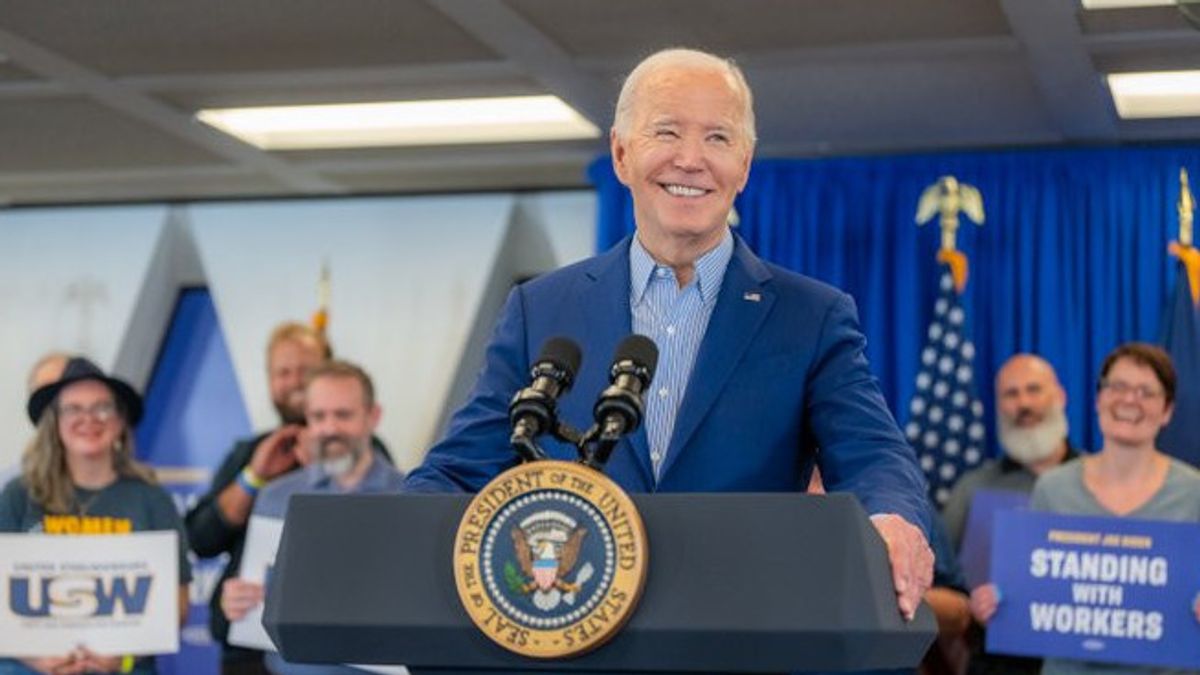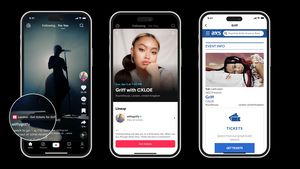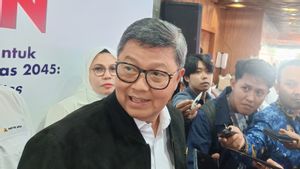JAKARTA - Microsoft revealed on Wednesday 17 April that Russia's online campaign to influence the upcoming US presidential election has been going on for the past 45 days. But this time at a slower pace than the previous election.
According to reports from researchers at the tech company, accounts linked to Russia are spreading divisive content aimed at US audiences. This includes criticizing America's support for Ukraine in its conflict with Russia.
The Russian embassy in Washington did not want to comment on the allegations, but the Kremlin stated last month that it would not interfere in the US presidential election in November. The Kremlin also dismissed US allegations that it was organizing a campaign to influence US presidential elections in 2016 and 2020.
Although the Russian activity observed by Microsoft is not as intense as in previous elections, researchers have stated that this activity could increase in the coming months.
"Pesan terkait Ukraina - melalui media tradisional dan media sosial - semakin meningkat dalam dua bulan terakhir dengan campuran kampanye covert dan overt dari setidaknya 70 aktivitas yang terkait dengan Rusia yang kami berkelati," kata Microsoft.
The most productive Russian campaign is related to the Russian Presidential Government, they added. One of the other campaigns aims to spread disinformation online in various languages, with posts that usually start with whistleblowers or journalists posting content on video channels. The content is then covered by website networks such as DC Weekly, Miami CHronical, and The Intel Drop.
"Finally, after this narrative circulated online for a few days or weeks, the US audience reiterated and reposted this disinformation, perhaps without realizing the original source," Microsoft said.
"Increasing" this effort was seen in a hack by a Russian group called Microsoft as Star Blizzard, or Cold River, which focuses on targeting western think tank, the company said.
SEE ALSO:
"The current focus of Star Blizzard on political figures and the US policy circle may be the first in a series of hacking campaigns meant to direct the Kremlin's results towards November," Microsoft said.
The use of malicious artificial intelligence by foreign parties targeting US elections is a major concern called American political observers, but Microsoft says it finds that simpler digital counterfeiting is more common than deepfakes. Audio manipulation has a bigger impact than videos, they added.
"The country-state government uses generative AI content to reach great reach on social media, and in just a few cases we see real audience fraud from the content," the researchers said.
"The simplest forgery, not the most complex AI use, will most likely be a snippet of content that has the most impact," the researchers added.
The English, Chinese, Japanese, Arabic, and French versions are automatically generated by the AI. So there may still be inaccuracies in translating, please always see Indonesian as our main language. (system supported by DigitalSiber.id)


















